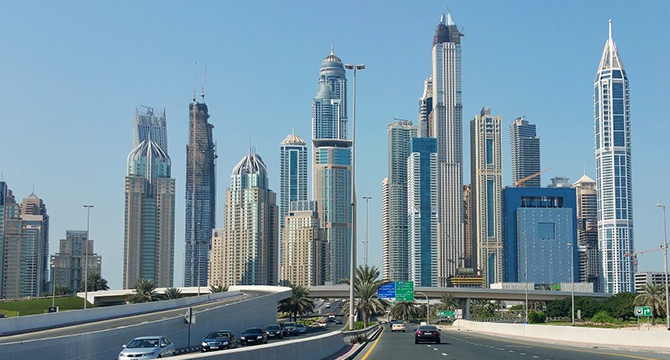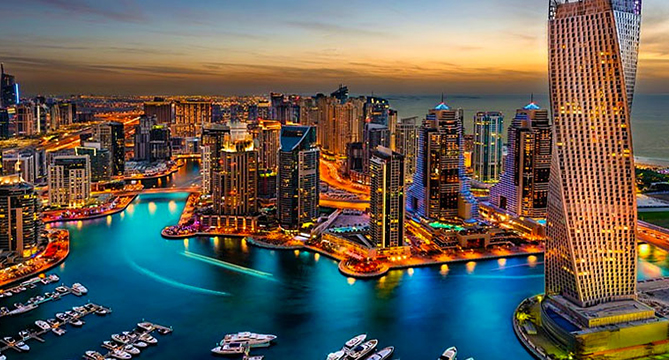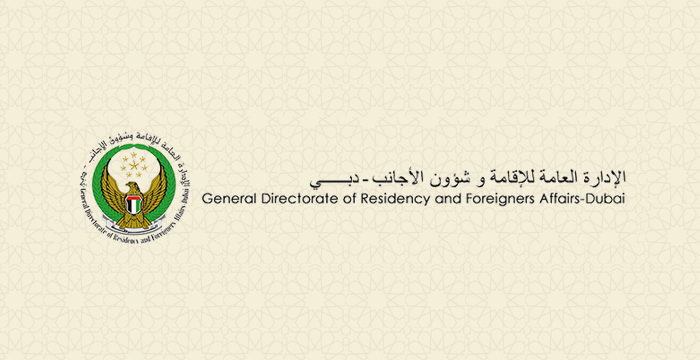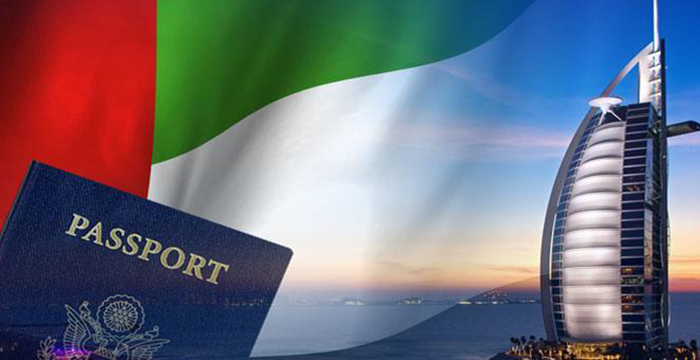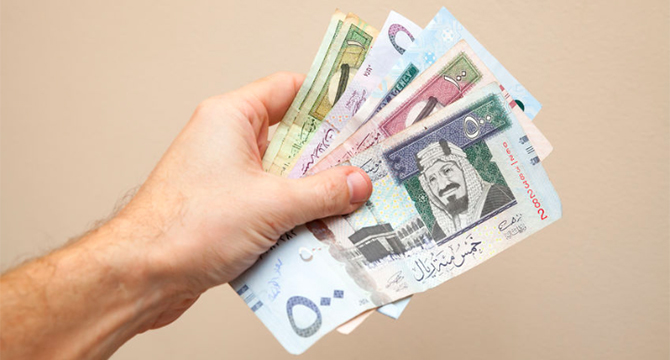
Saudi authorities will discuss a plan to tax foreign residents, finance minister Ibrahim al-Assaf said on Tuesday, as the kingdom seeks alternative sources of income to counter the plunge in oil revenue.
“This is a proposal, an initiative that will be discussed but nothing has been approved until now," Assaf told a news conference in Jeddah, where officials this week are presenting a plan to overhaul the nation’s economy by 2020. “It will be researched and it is in reality an old proposal, and it was presented in the past, but it is one of the initiatives that will be raised by the finance ministry."
The slump in oil revenue prompted deputy crown prince Mohammed bin Salman to lead the biggest economic shakeup in the kingdom’s history by seeking to reduce the reliance on hydrocarbons.
Assaf reiterated the government’s target to balance the budget by 2020. The IMF expects the world’s top oil exporter to post a shortfall of 13.5 per cent of economic output this year.
The government has no plans to impose income tax on Saudi nationals, Assaf said.
Economists said the proposal is unlikely to see the light soon because it could hamper the kingdom’s ability to attract the foreign investment it needs to revive growth hit by the oil slump.
Still, raising the possibility of income tax in the blueprint - even if only on foreigners - shows the readiness of its architect, prince Mohammed, to consider steps that past Saudi rulers have shunned.
Prince Mohammed, the king’s son and second-in-line to the throne, has already cut fuel and utility subsidies and proposed reducing the public-sector wage bill.
The kingdom is also joining other members of the six-nation GCC in imposing value-added taxation starting from 2018.
“Deepening the taxation base will be an important step in increasing non-oil revenue, which will likely start with VAT first, but the discussion of income tax is notable," said Monica Malik, chief economist at Abu Dhabi Commercial Bank.
Introducing the tax could support efforts to create more jobs for nationals, but if it’s not done in coordination with other GCC countries then it will also “reduce the competitiveness of Saudi Arabia to attract labour," she said.
The status of Gulf Arab monarchies as tax-free havens has helped attract millions of foreign workers. The revenue wasn’t missed when oil prices were high, but some economists say introducing income tax may be inevitable now.
Said Al-Shaikh, chief economist at the kingdom’s National Commercial Bank, said the success “of any such tax would really depend on the rate imposed and the segments of foreign workers that would be levied on".

 UAE
UAE 